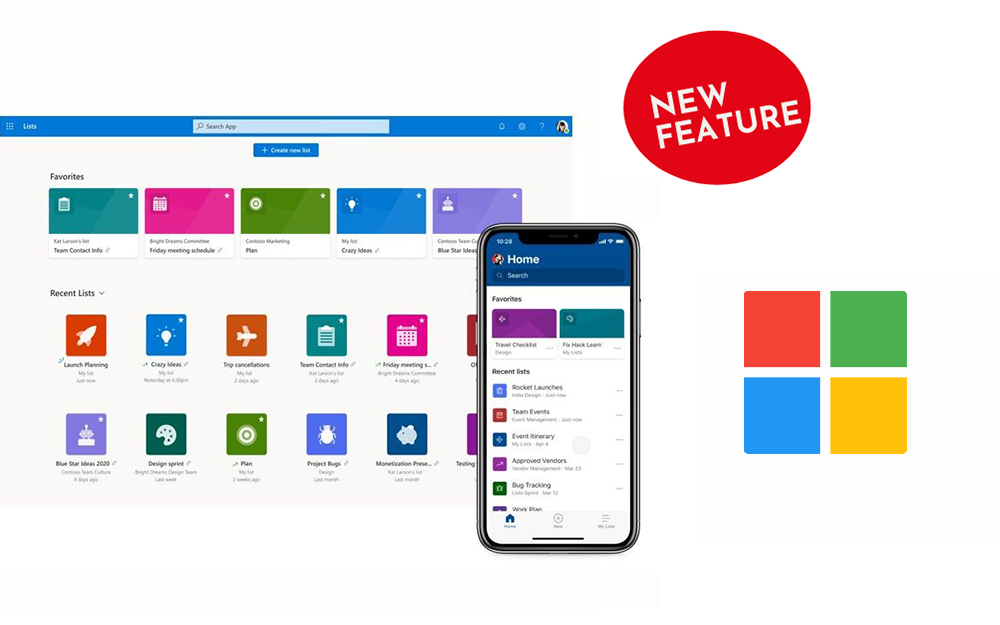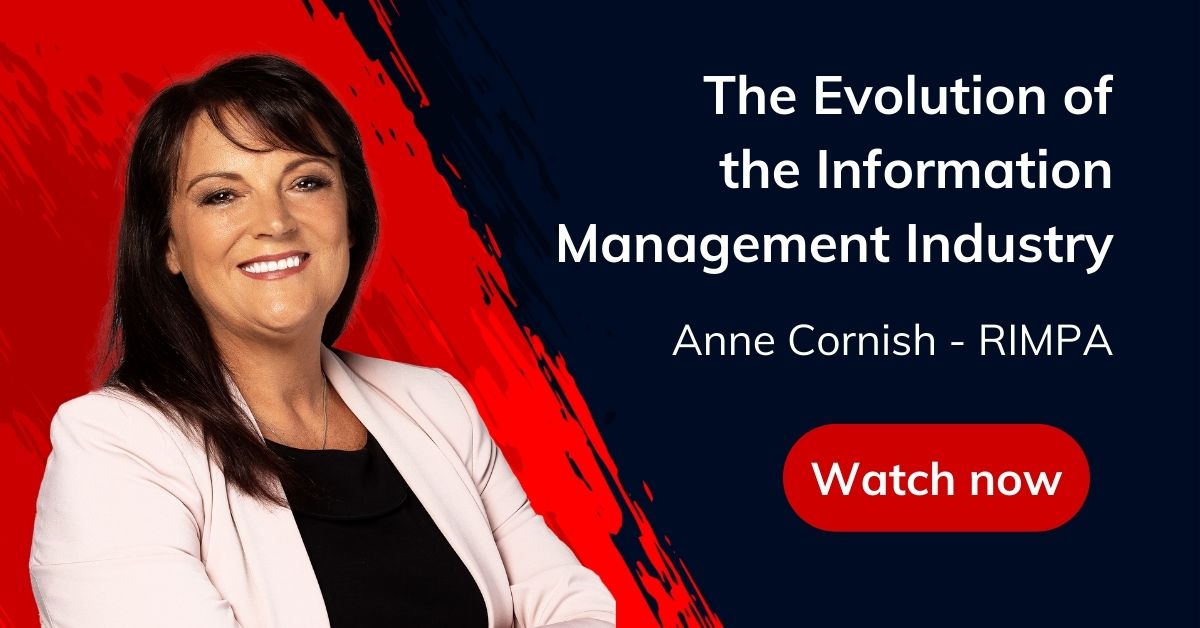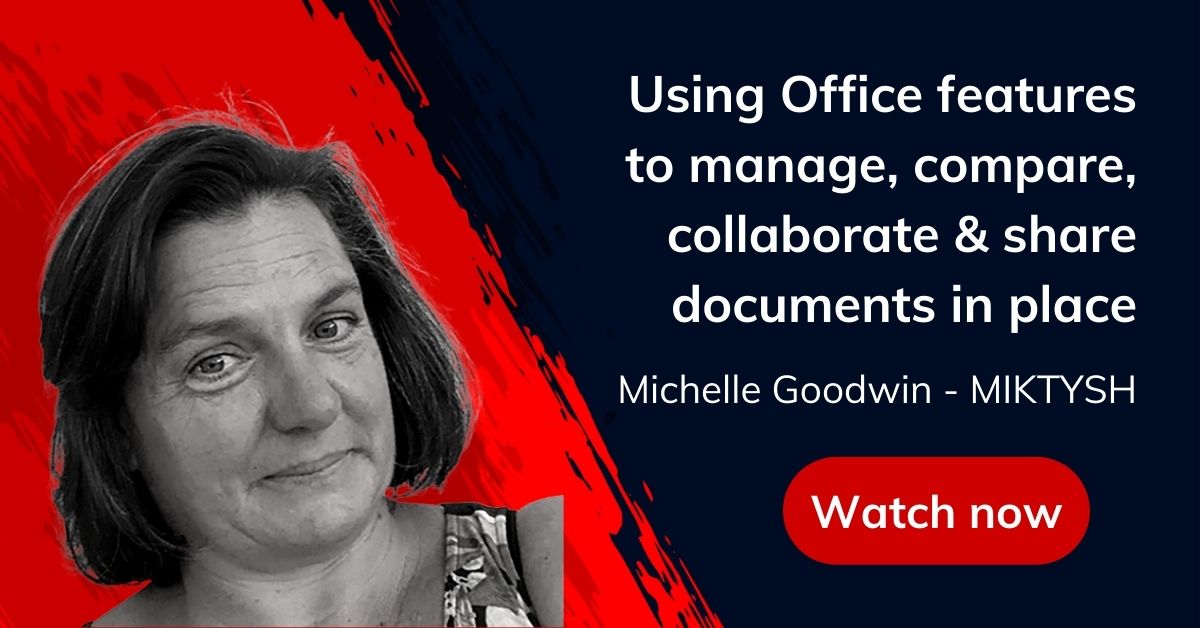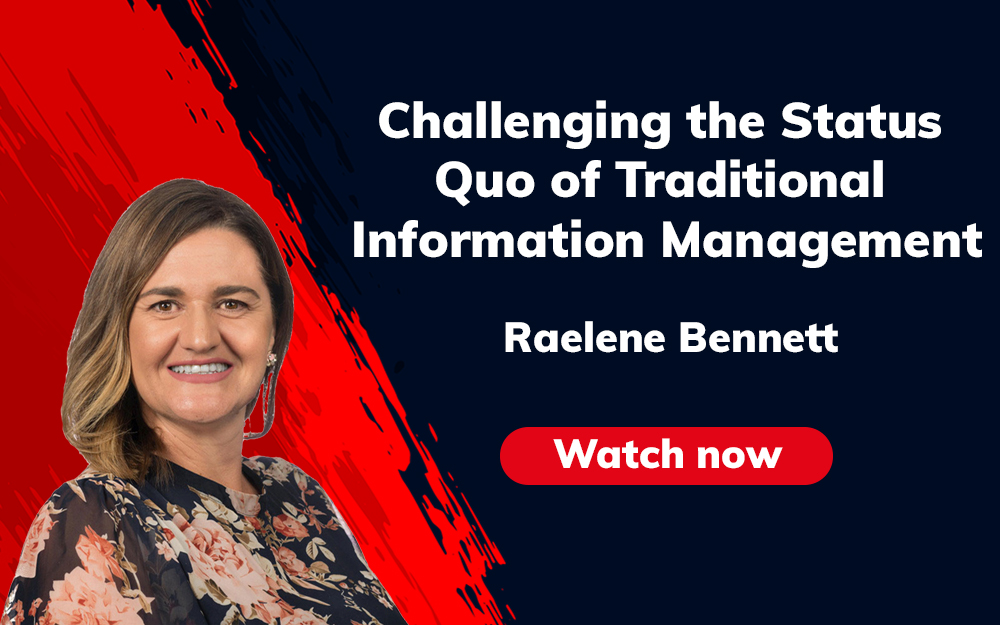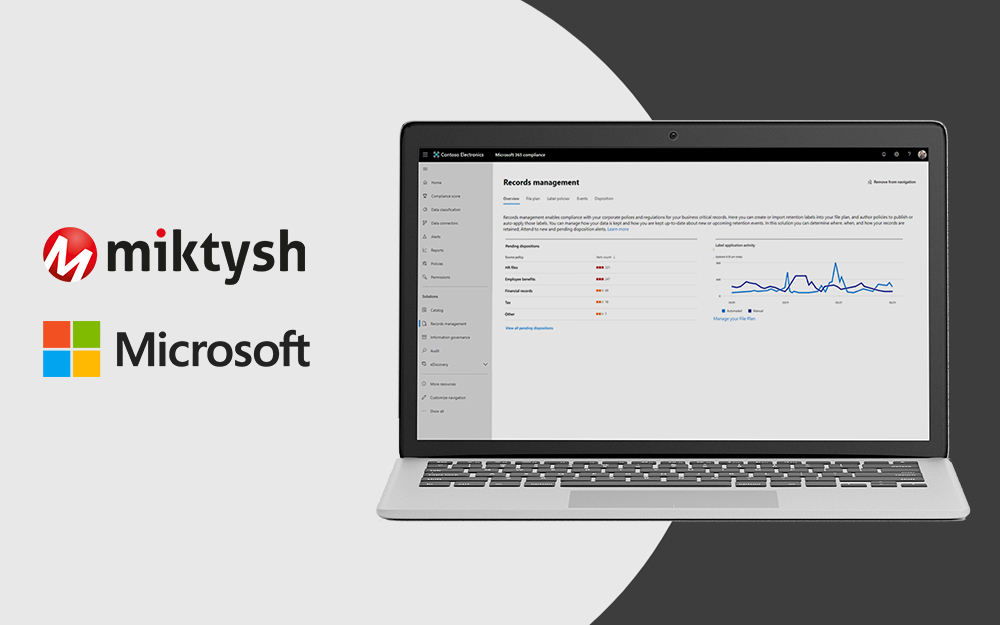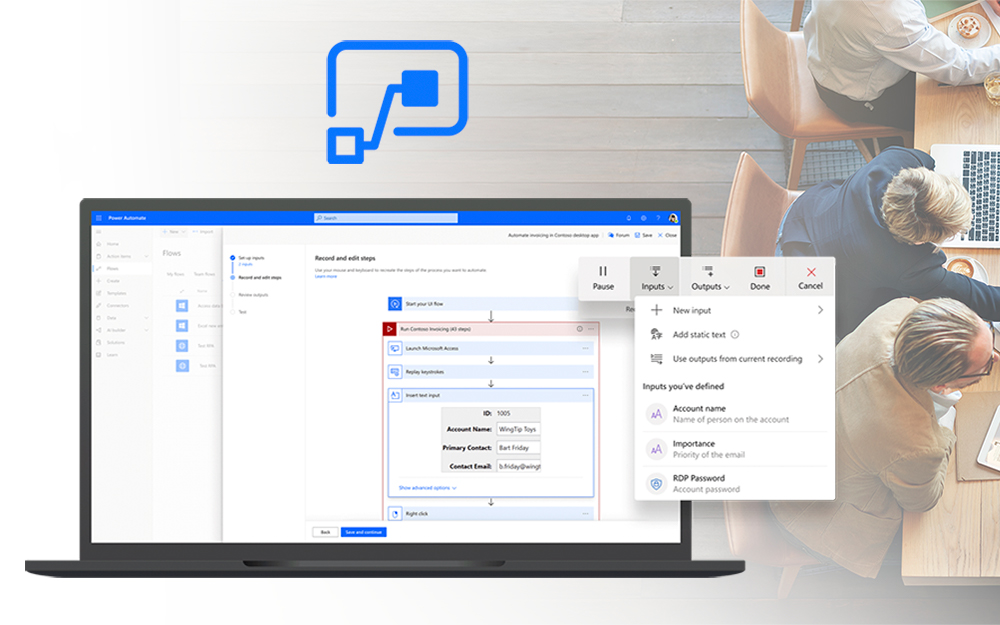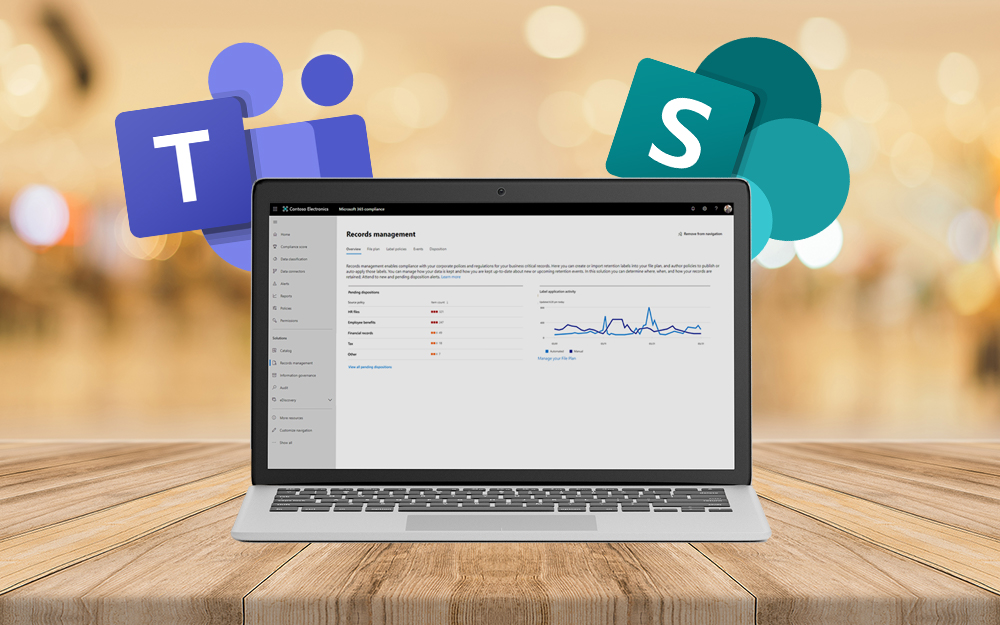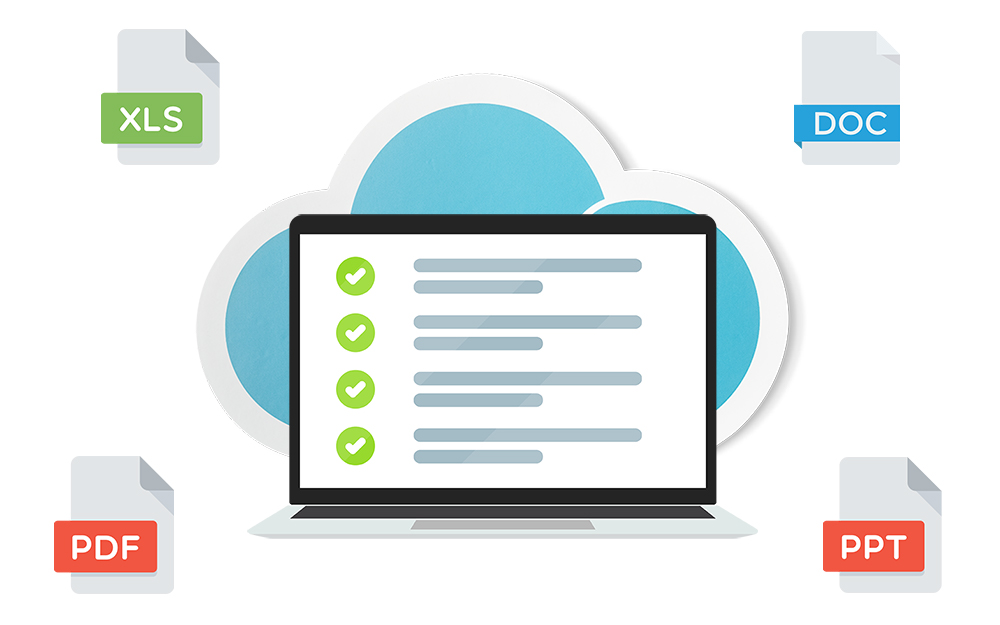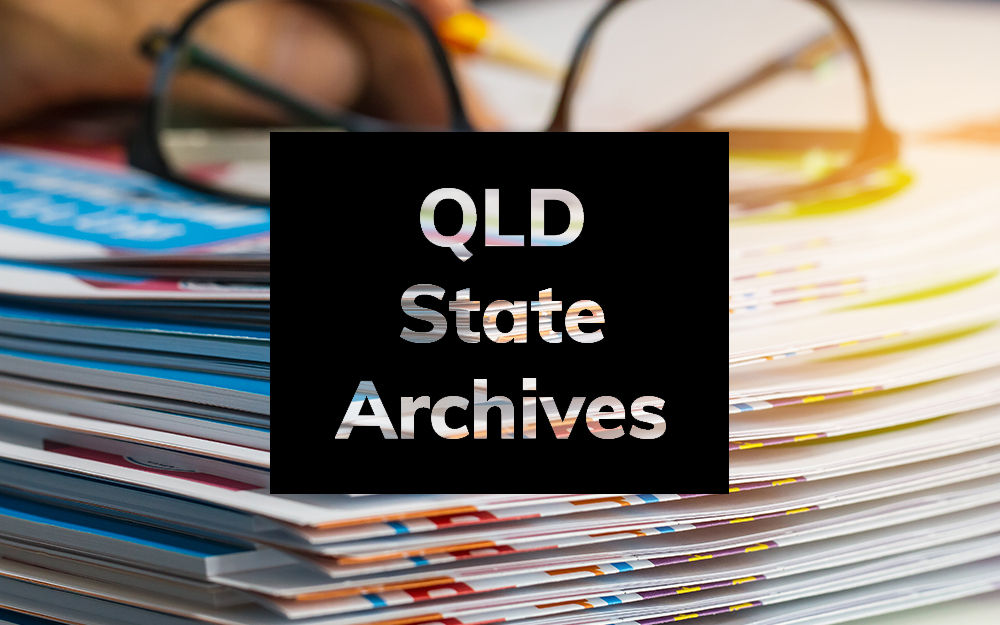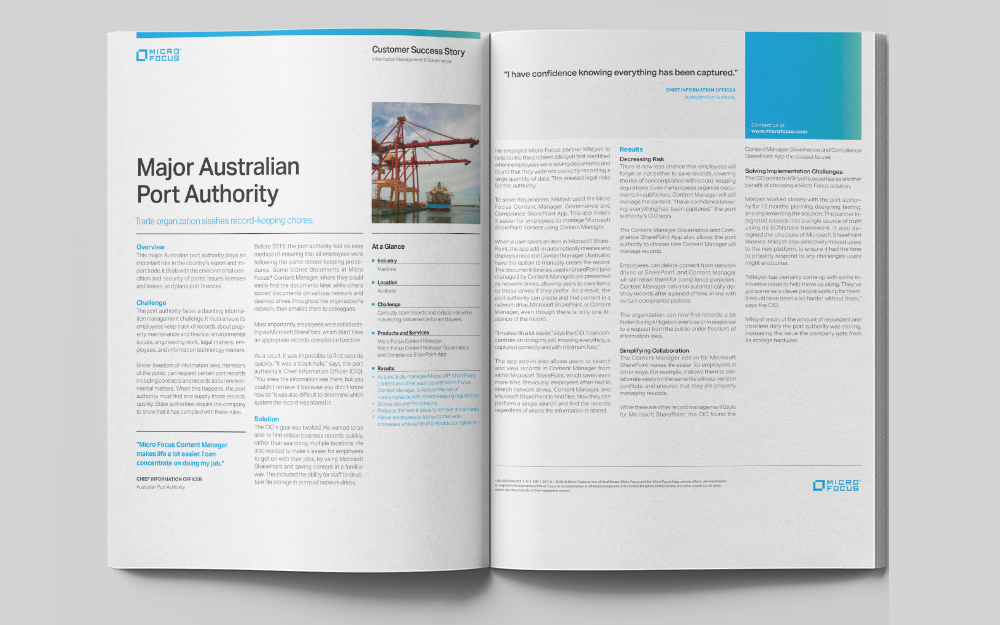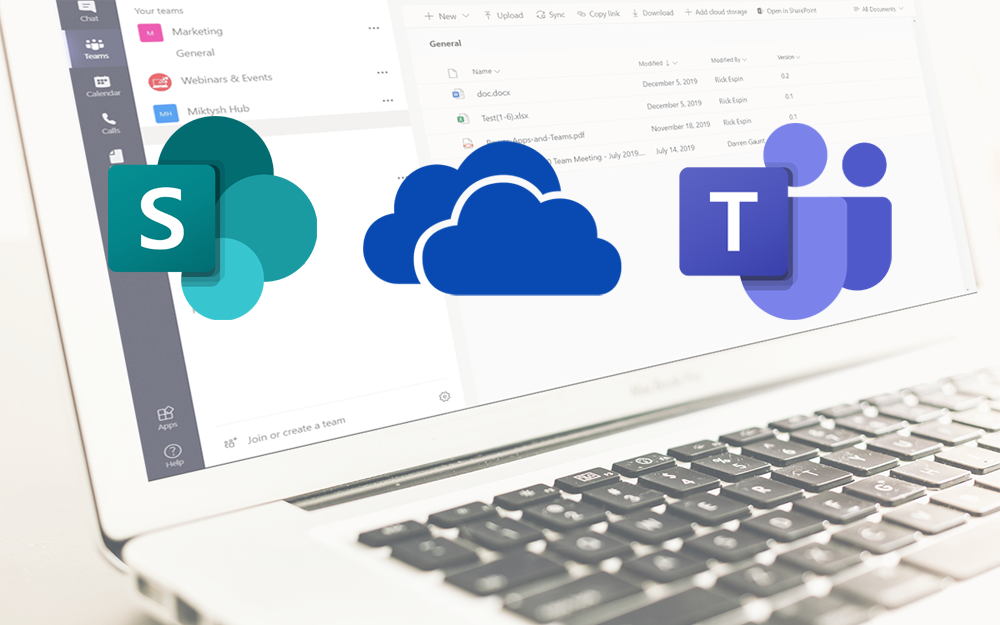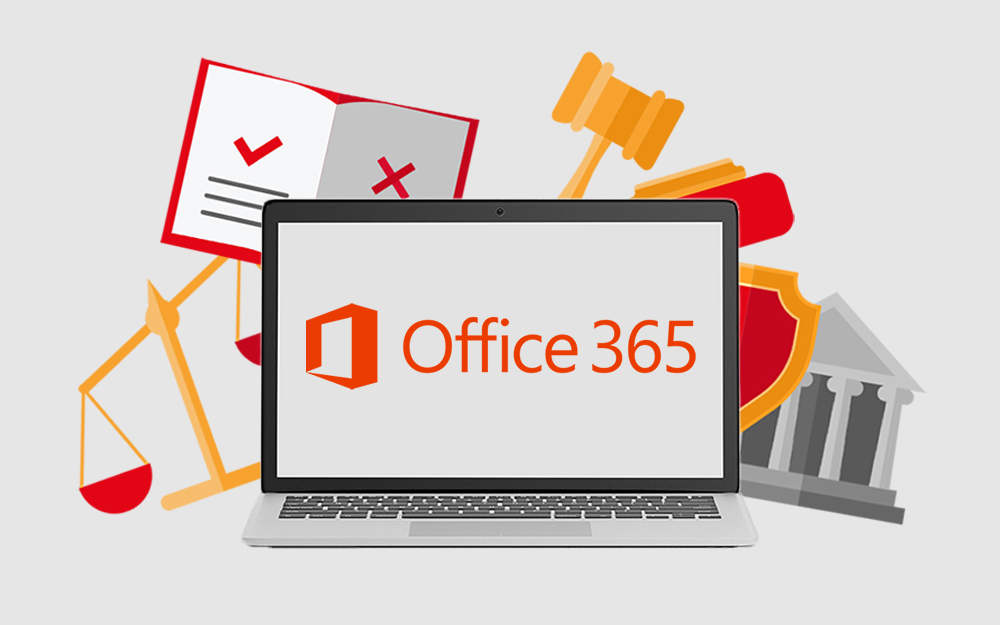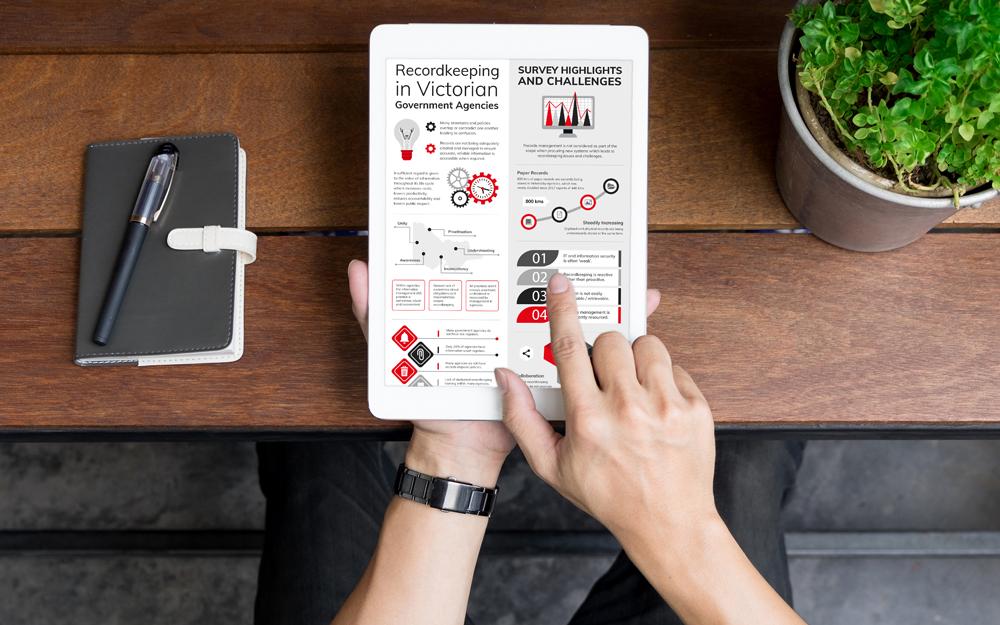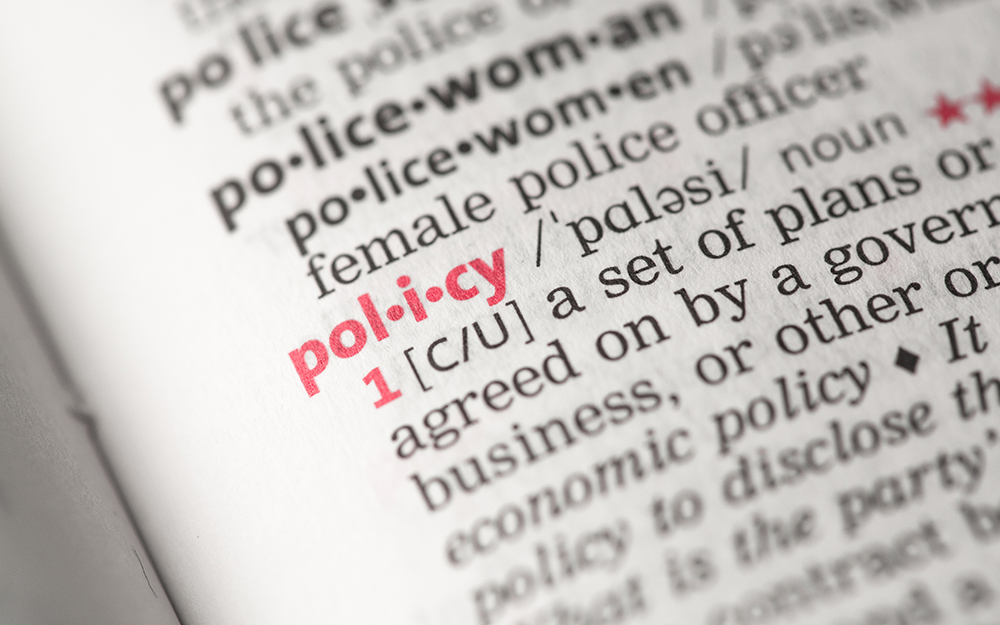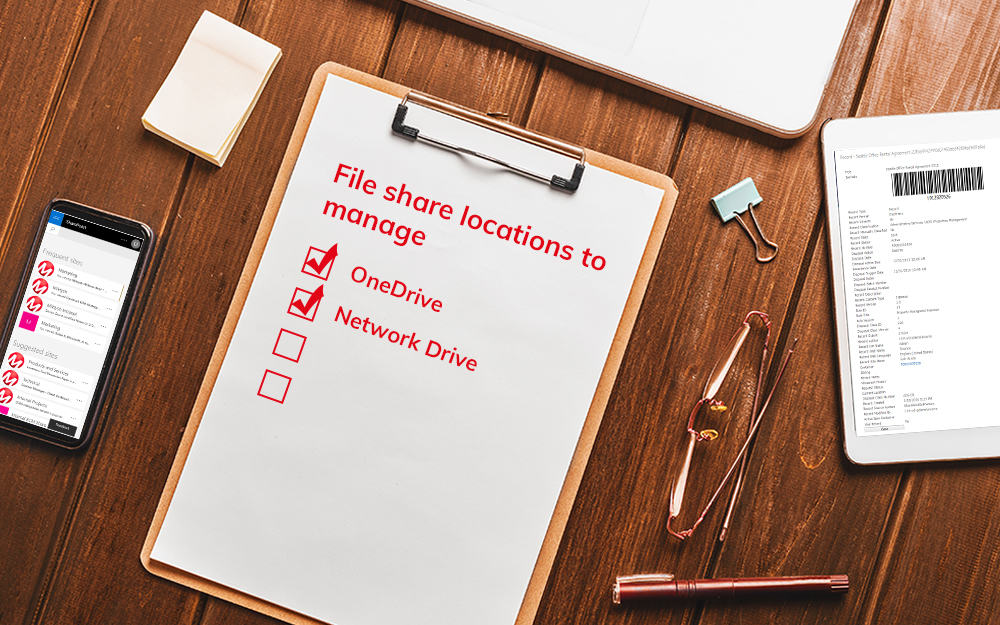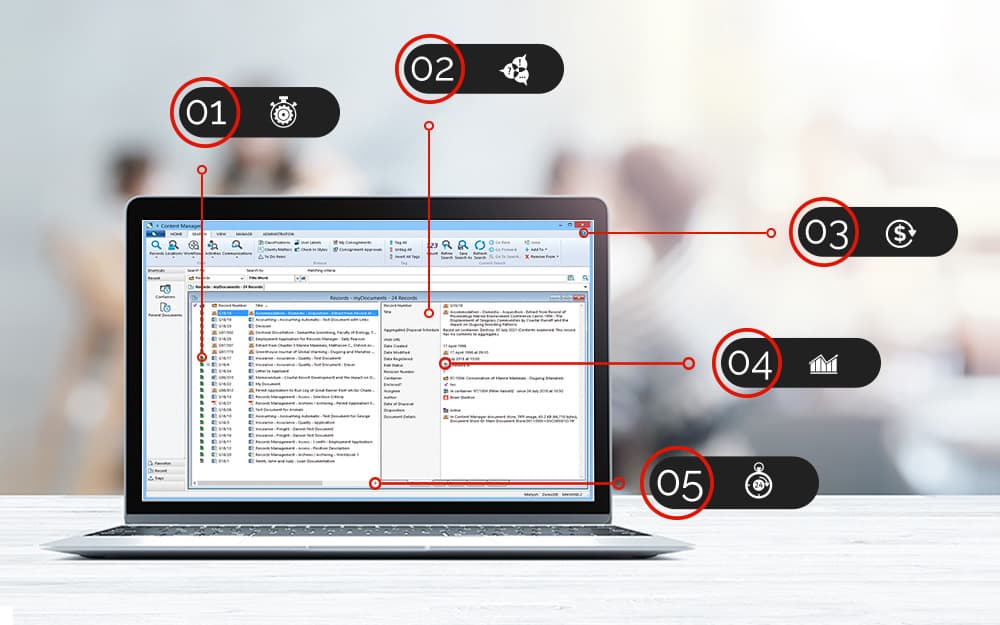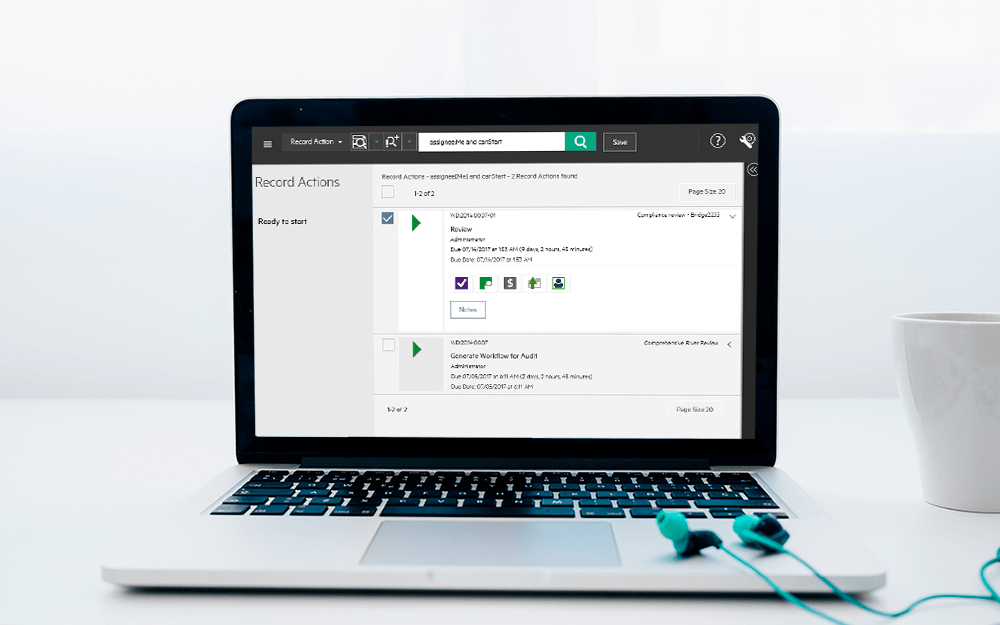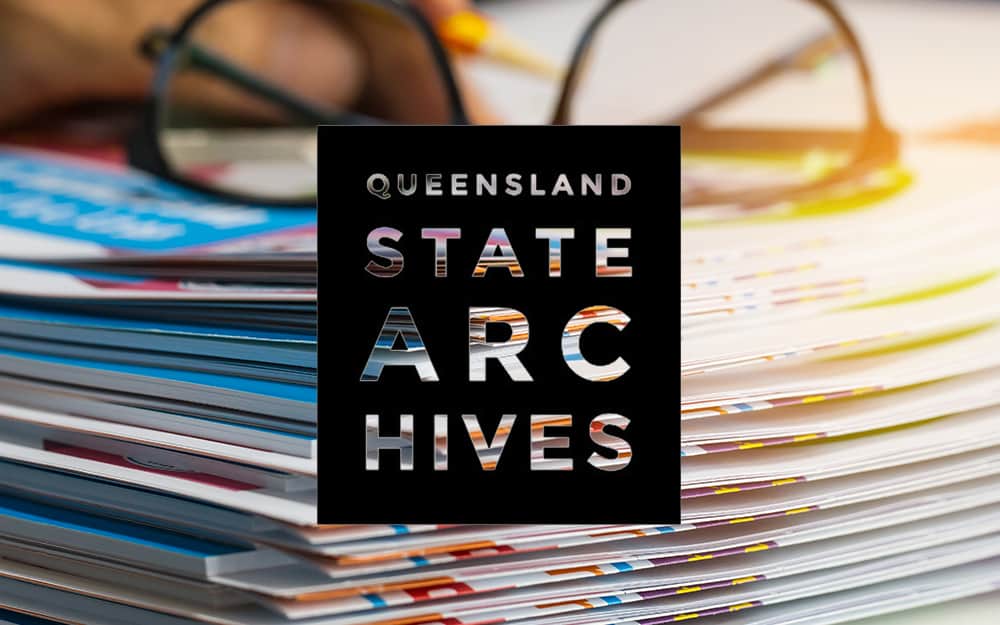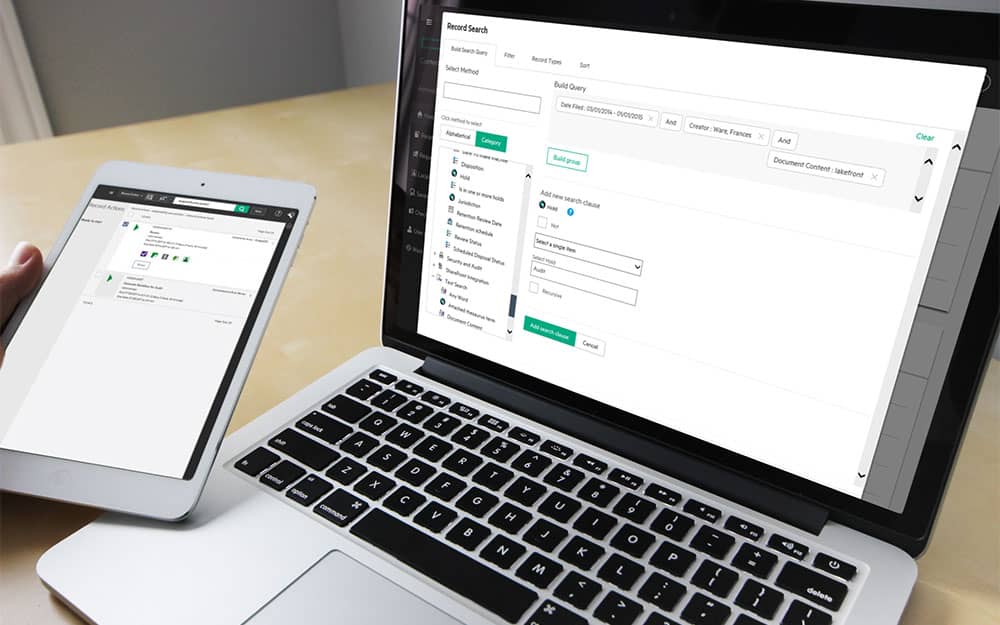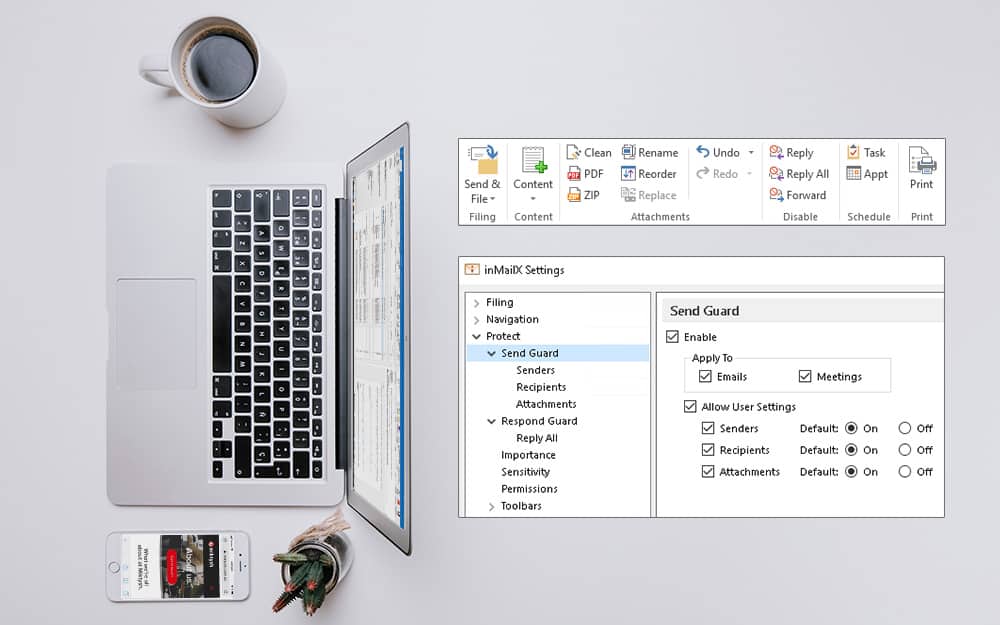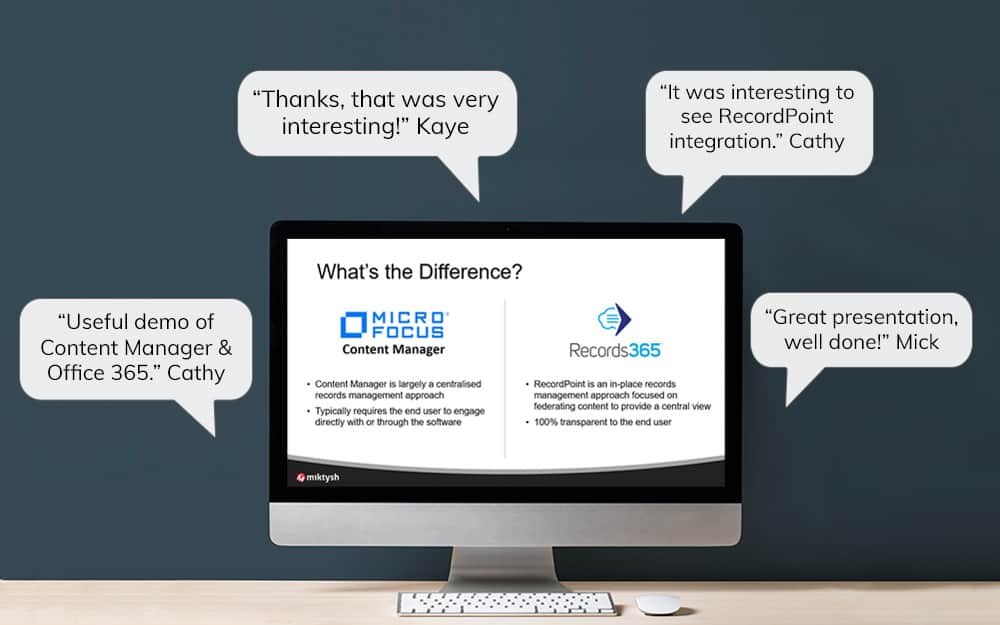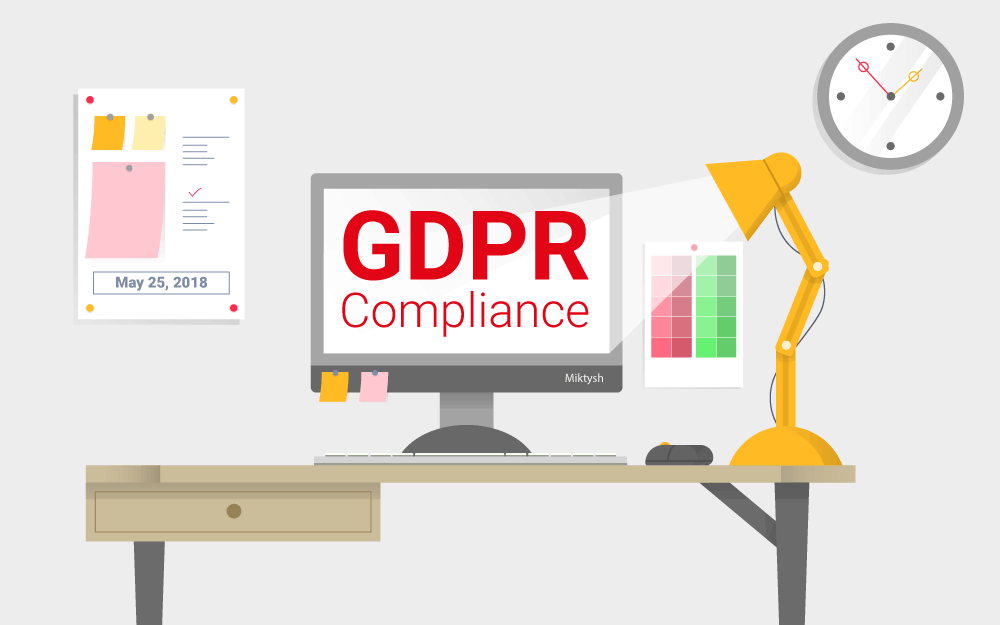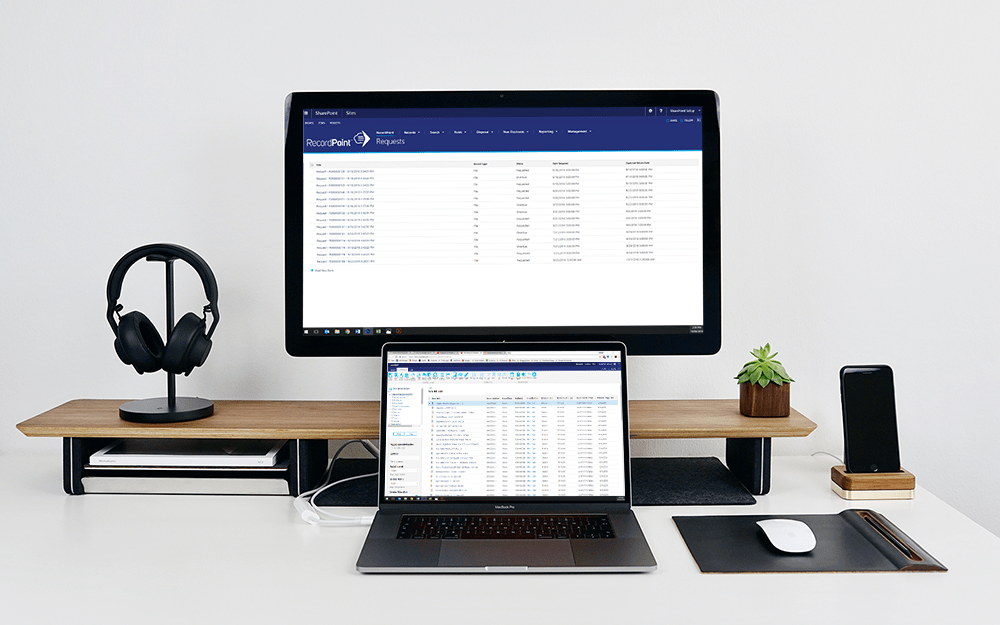Miktysh Blog.
Your go-to source for everything records management, eDRMS, Office 365, TRIM/Content Manager, RecordPoint, AvePoint, and EncompaaS related.
Categories
Topics
New Guidelines for Ministerial Use of Private Email and Messaging Apps
May 11, 2018 | Email Productivity, Information Governance, Records Management
Following a corruption inquiry earlier this year (similar to Hillary Clinton’s), into Australian minister, Mark Bailey’s use and deletion of a private email account, Queensland has now updated its Ministerial Code of Conduct to ban Ministers from using private email and messaging apps for official business. However, banning politicians from using apps such as Facebook Messenger, Gmail, SnapChat and WhatsApp is a somewhat simplistic response to a complex issue that continues to evolve with technology.
Digital messaging has become an integral part of day-to-day lives for most Australians, and many who value their privacy look to these various apps as a low cost means of protecting and encrypting communications, or automatically deleting messages and content (i.e. SnapChat). And their use will likely continue to rise as distrust of traditional messaging services continues to fall, especially in light of scenarios such as Cambridge Analytica and Australia’s now mandatory retention of our data by internet and phone companies.
Incidents like these provoke thought on accountability and privacy. Should public officials be able to use technology, when working, that isn’t recoverable either physically or legally under the Freedom on Information Act? How about when they aren’t working on official business? A recent call for MPs’ traffic fines to be disclosed publicly and making ministerial appointment diaries public also raises the question of where to draw the line on politicians’ privacy, and whether these restrictions should only be placed on MPs or all ministerial staffers, including judges and mid-level officials. Do we simply regard this lack of privacy as ‘part of the job’, accountability that ‘comes with the territory’? Accountability is an issue across Australia and various levels of governments, with parties arguing against and resisting the establishment of integrity watchdogs.
The new guidelines aim to close loopholes in legislation and make requirements of MPs “crystal clear”, however will these guidelines work and are they robust enough? Who will be policing the ban? As things stand, it’s really a matter of trust that Ministers will follow the code of conduct, which means it’s likely to be disregarded or forgotten.

Liza Tinker
Business Consultant
Liza is a SharePoint consultant with over 15 years’ experience in the private and public sector in the use and delivery of SharePoint and other collaboration solutions using Microsoft 365. She is passionate about technology and improving productivity and quality through collaboration and innovation.
Follow us on social
Popular content.

Analytics Driven Information Governance
14.07.2021

The New Normal Requires Zero Trust
27.06.2021
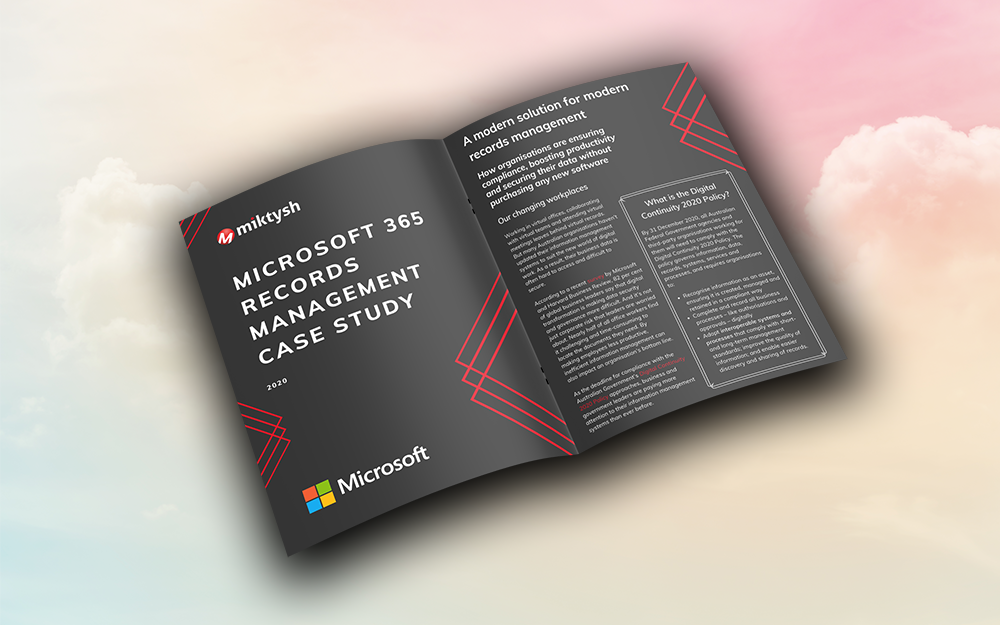
Microsoft 365 Records Management Whitepaper
06.11.2020

Micro Focus Launches Content Manager Select
28.05.2020
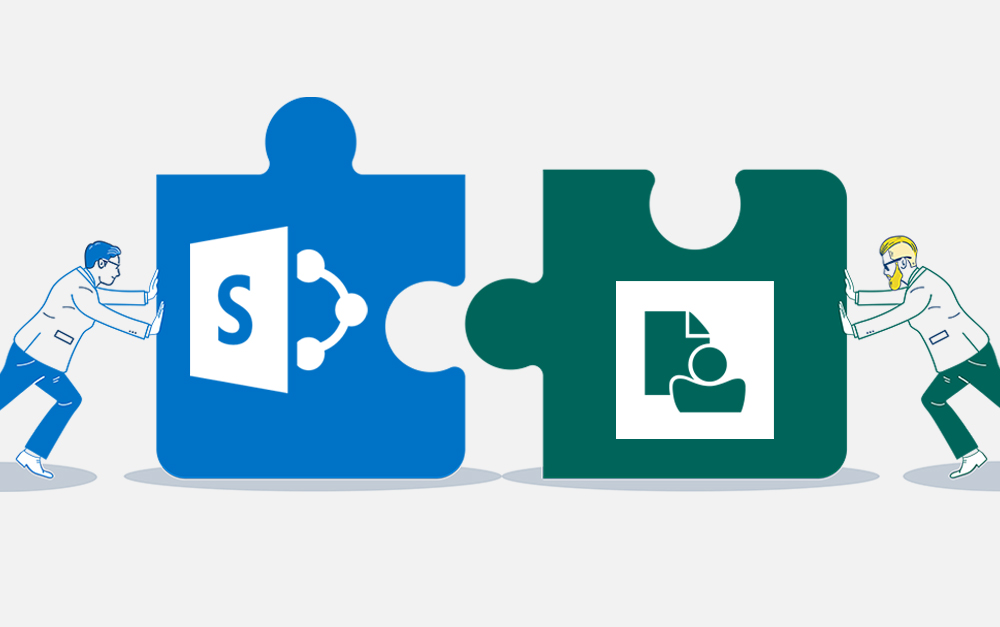
Content Manager SharePoint Integration Demo
20.05.2020

Top 7 Hidden Features in Microsoft Teams
11.02.2020
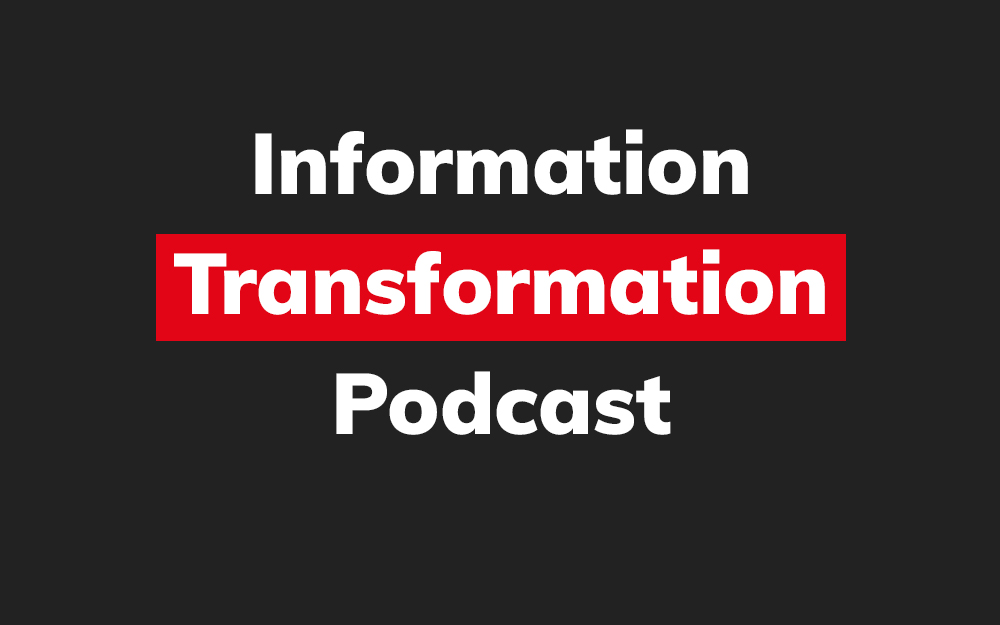
Integrate Content Manager with SharePoint
15.01.2020

Information Management Strategy Example
06.12.2019

How to Approach a Digital Transformation
13.11.2019

Top 5 Benefits of Migrating to Office 365
10.10.2019
Content Manager 9.4 Web Client
19.09.2019

Content Manager 9.4 Sneak Peek – Video Demo
02.09.2019

What Version of SharePoint is on Office 365?
27.06.2019
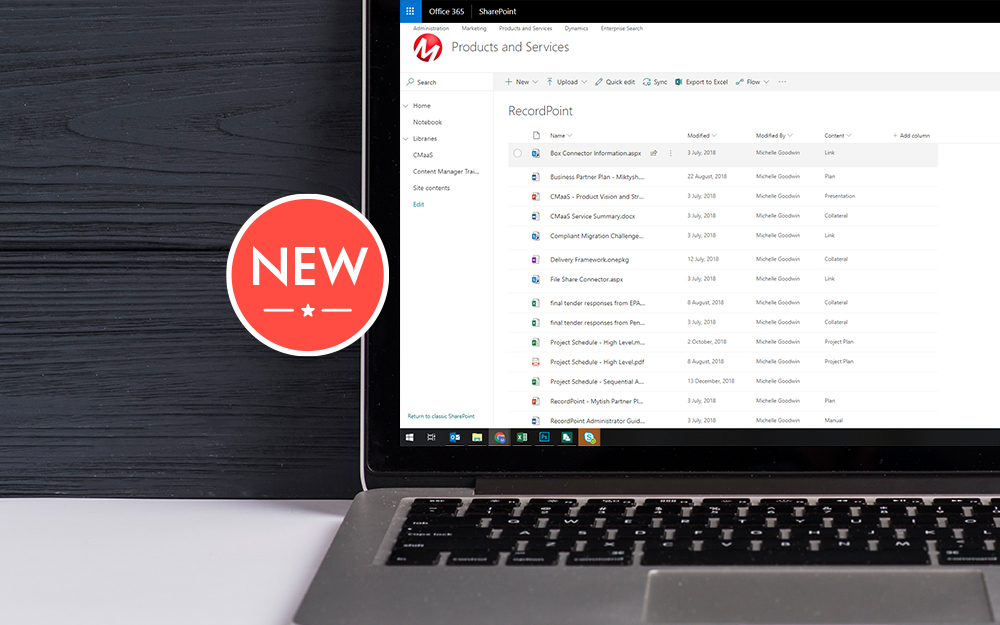
New SharePoint 2019 Features
08.03.2019

Data Migration Validation Best Practices
08.02.2019

Cloud Governance – RIMPA Queensland Event
27.09.2018

RecordPoint Records365 Demo
09.05.2018

How RecordPoint Enhances Office 365
09.05.2018

6 GDPR Tools to Assist with GDPR Compliance
17.04.2018

Analytics Driven Information Governance
14.07.2021

The New Normal Requires Zero Trust
27.06.2021

Microsoft 365 Records Management Whitepaper
06.11.2020

Micro Focus Launches Content Manager Select
28.05.2020

Content Manager SharePoint Integration Demo
20.05.2020

Top 7 Hidden Features in Microsoft Teams
11.02.2020

Integrate Content Manager with SharePoint
15.01.2020

Information Management Strategy Example
06.12.2019

How to Approach a Digital Transformation
13.11.2019

Top 5 Benefits of Migrating to Office 365
10.10.2019
Content Manager 9.4 Web Client
19.09.2019

Content Manager 9.4 Sneak Peek – Video Demo
02.09.2019

What Version of SharePoint is on Office 365?
27.06.2019

New SharePoint 2019 Features
08.03.2019

Data Migration Validation Best Practices
08.02.2019

Cloud Governance – RIMPA Queensland Event
27.09.2018

RecordPoint Records365 Demo
09.05.2018

How RecordPoint Enhances Office 365
09.05.2018

6 GDPR Tools to Assist with GDPR Compliance
17.04.2018















